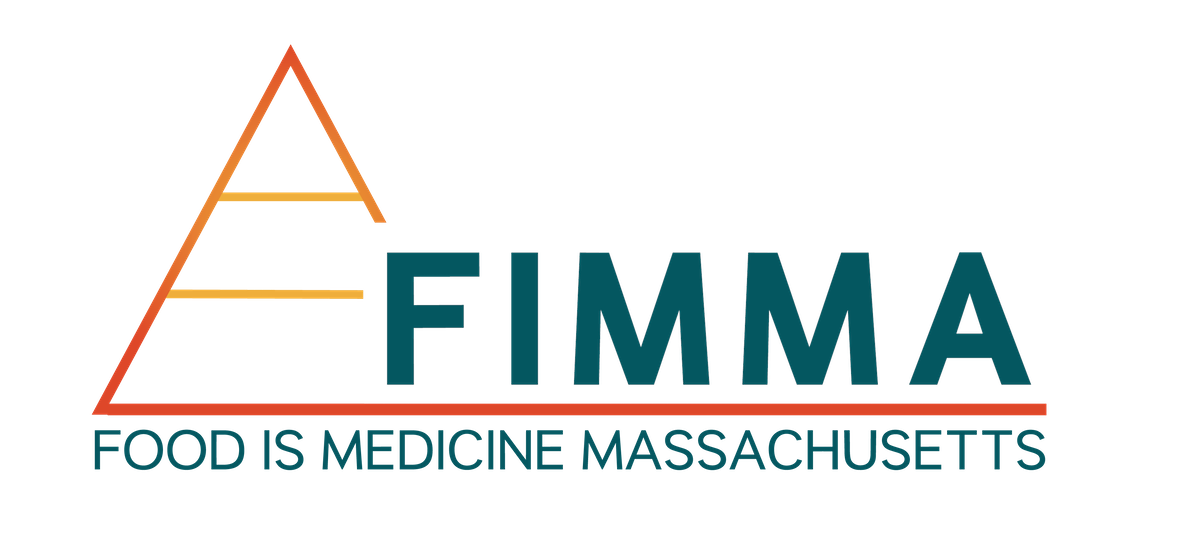POOR DIET, EXACERBATED BY FOOD INSECURITY, IS THE LEADING CAUSE OF DEATH AND DISEASE & A KEY DRIVER OF ESCALATING HEALTH CARE COSTS
In Massachusetts, food insecurity alone is associated with over $1.9 billion in avoidable medical expenses each year.
How Does Food Insecurity Impact Health?
Because of limited financial resources, those who are food insecure — with or without existing disease — may also use coping strategies to stretch budgets that are harmful for health.
Food insecurity, along with the health-compromising coping strategies associated with food insecurity, can exacerbate existing disease.
Not surprisingly, research shows that household food insecurity is a strong predictor of higher health care utilization and increased health care costs
Food insecurity can contribute to, or exacerbate, nutrition deficits, and that is linked to chronic diseases and conditions.
Americans from all income groups fall short of meeting federal dietary guidance — consuming diets too low in fruits, vegetables, whole grains, and low-fat dairy, and consuming diets too high in added sugars, sodium, and solid fats.
Food-insecure and low-income people can be especially vulnerable to poor nutrition and obesity, due to additional risk factors associated with inadequate household resources as well as under-resourced communities.

